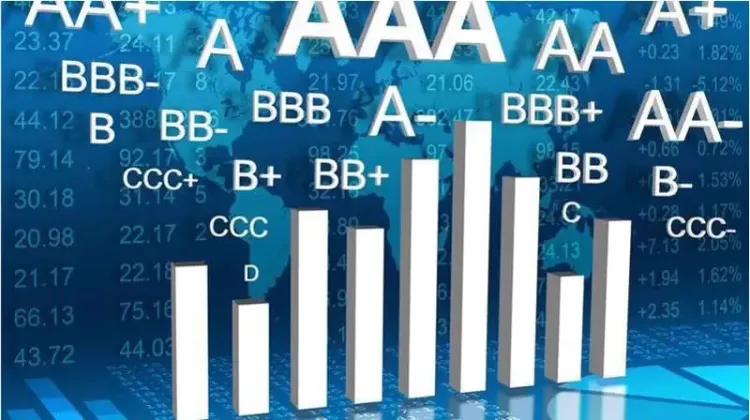SBI Report: Indian Corporates Must Align with Government Goals

Synopsis
Key Takeaways
- India Inc must align with government objectives for infrastructure development.
- Post-pandemic profitability supports strategic investments.
- Progressive tax regime could enhance disposable income.
- Fiscal deficit might stabilize at 4.5% of GDP in FY26.
- Direct taxes have reached a 14-year high in revenue contribution.
New Delhi, Jan 25 (NationPress) Indian corporations need to align themselves with the pace and objectives of the central government as it plans for the next 50 years, focusing on developing strong infrastructure across physical, technical, and social domains. This insight is provided in an SBI report released in anticipation of the Union Budget 2025-26.
Post-pandemic profitability and viable financing options from a diverse range of sources—characterized by resilient, deep, and vibrant capital markets working in sync with a robust banking system—bode well for investments aimed at positioning India as a leader in the new global economic order, according to the SBI Research note.
The report advocates for a more progressive tax structure, positing that the government can enhance tax compliance and stimulate consumption by increasing disposable income. This could be achieved by transitioning all taxpayers to the New Tax regime, even if it results in some nominal losses in tax revenue.
The combination of the tax system and reforms has led to a significant increase in tax collections over time.
Maintaining fiscal responsibility is crucial for the government while it continues on the path of fiscal consolidation.
The report predicts that the fiscal deficit as a percentage of GDP could stabilize at 4.5 percent in FY26 (approximately Rs 15.9 lakh crore), which may become the new standard in an unpredictable global environment, offering some leeway to adjust the glide path for more inclusive growth.
“Smart management of switch and buyback gross market borrowing, estimated at Rs 14.4 lakh crore in FY26 due to increased redemptions from COVID-19 borrowing, may result in a net borrowing of Rs 11.2 lakh crore (with Rs 4.05 lakh crore in redemptions and an expected switch of Rs 75,000 to 100,000 crore),” the report elaborates.
Direct taxes have contributed 58 percent to total tax revenue in 2023-24, marking the highest rate in 14 years. Notably, personal income tax collections have increased by 7 percent, outpacing corporate tax collections, which have risen by 4 percent since FY21.
The report warns of a potential financial strain on certain states due to a surge in women-centric schemes offering direct benefit transfers, which might create a gap between revenue and expenditure of 3-11 percent of the states' revenue receipts.
As states may increasingly promise income transfers to women, the Union government could also be inclined to adopt similar measures. The report suggests it may be beneficial to implement a universal income transfer scheme (with matching grants from the center to states) to significantly reduce various market-disturbing subsidies.








